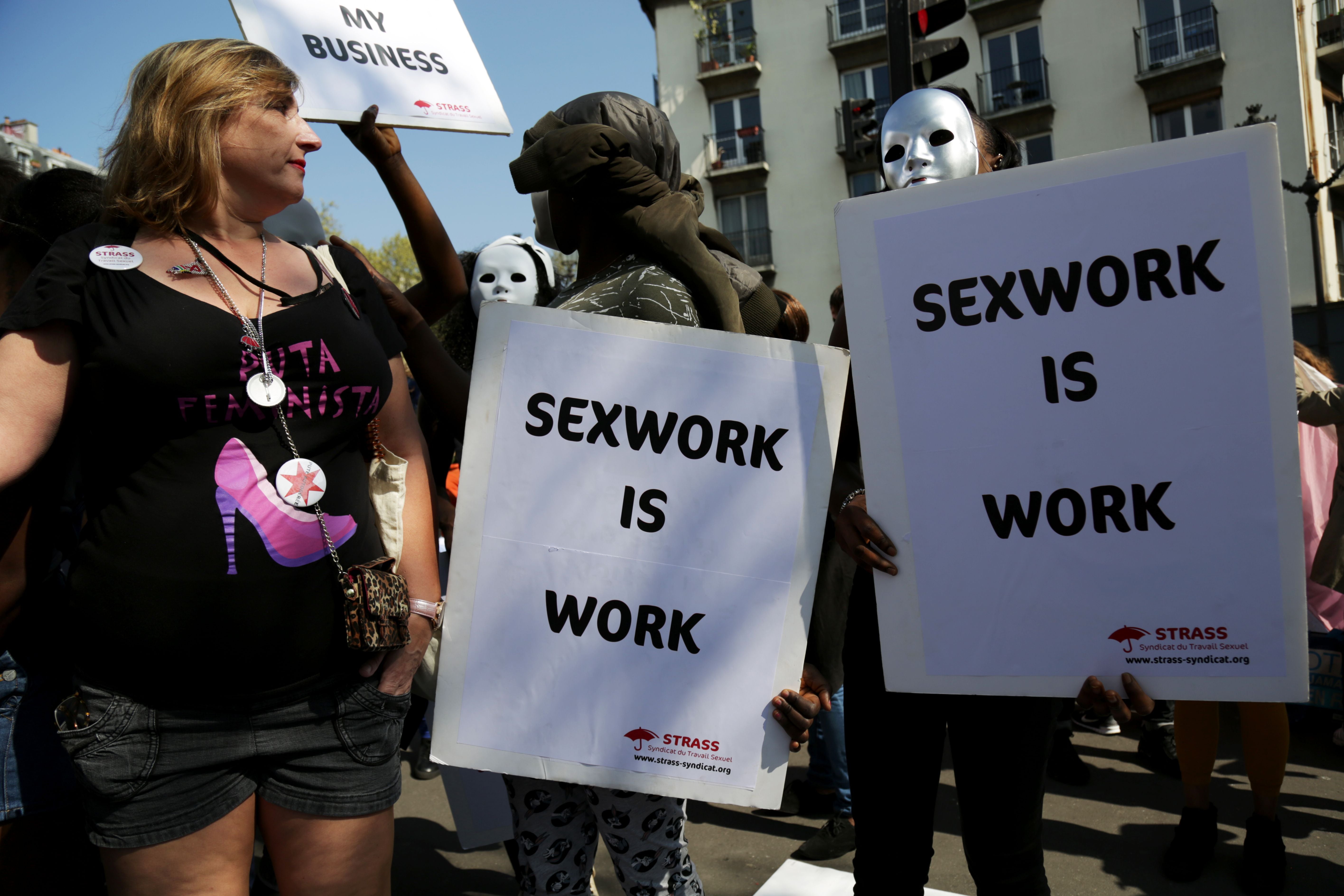Why it might be time to decriminalise sex work in the UK
Oscillating between denial and punishment of sex work is not only futile, but dangerous


Sex work is not illegal in the UK. There are also a number of laws to protect workers from those who seek to exploit or harm them. Yet by any measure, the law has still failed to do that, as women, men and transgender people continue to experience violence and exploitation.
Despite the best efforts of successive governments, sex work continues to thrive. The UK Crown Prosecution Service claims that laws are designed to reduce demand for sexual services, but there is no evidence this has had any impact. The industry has been – at best – tolerated, but more often bullied by successive home secretaries keen to be seen doing something to curtail sex work.
Oscillating between denial and punishment of sex work is not only futile, but dangerous. This shadow economy offers little protection to the mainly female workforce who are routinely subjected to abuse, mistreatment and exploitation. Sex workers also face being prosecuted when trying to report crimes committed against them, as some police forces continue to view them as perpetrators – not victims. There are no trade unions, no quality control or other protective measures that workers in other industries benefit from.
Regulation would open access to healthcare, too. Too many workers with mental and physical health issues are fearful of seeking help, as they fear prejudice by health staff. Many female sex workers are also mothers, and worry that contact with state services might lead to judgements about their parenting abilities.
We all benefit from decriminalising sex work. Sexually transmitted diseases such as HIV thrive in illicit environments when those infected or at risk are essentially deterred from health services. Stigma provides an effective invisible deterrent.
To keep up to speed with all the latest opinions and comment sign up to our free weekly Voices newsletter by clicking here
New York recently considered decriminalising sex work, recognising the high levels of violence both male and female sex workers experience. Debating how this should be done has highlighted its tricky nature.
Decrim Now, a UK coalition of workers and supporters, opposes regulation entirely and wants to see the entire industry decriminalised, but some groups involved in the industry don’t agree.
In an era of #Me Too – and the outrage over Sarah Everard’s murder – we seem to have lost sight of those who experience violence and discrimination daily. Although selling sex is not an illegal activity in the UK, paradoxically, the way it is organised is. Many women prefer to work together to protect themselves and minimise the risks they face. But this collective organisation all too often makes the work illegal.
Sex workers aren’t an alien species – they are someone’s daughter, son, mother, partner or friend. They are students, part-time workers and part of our communities, wherever you live.
Standing up for the rights of women shouldn’t be selective or based on choosing those we approve of – it must include everyone. Decriminalisation of sex work relies on your unconditional support. Without that, you are passively propping up laws that are endangering sex workers.
This article was amended on 8 March 2022. It previously said that Decrimnow feared that total decriminalisation would not alleviate some problems and favoured ‘a more targeted regulatory approach’, however this was inaccurate. Decrimnow would like to see the entire industry decriminalised.
Join our commenting forum
Join thought-provoking conversations, follow other Independent readers and see their replies
Comments
Bookmark popover
Removed from bookmarks